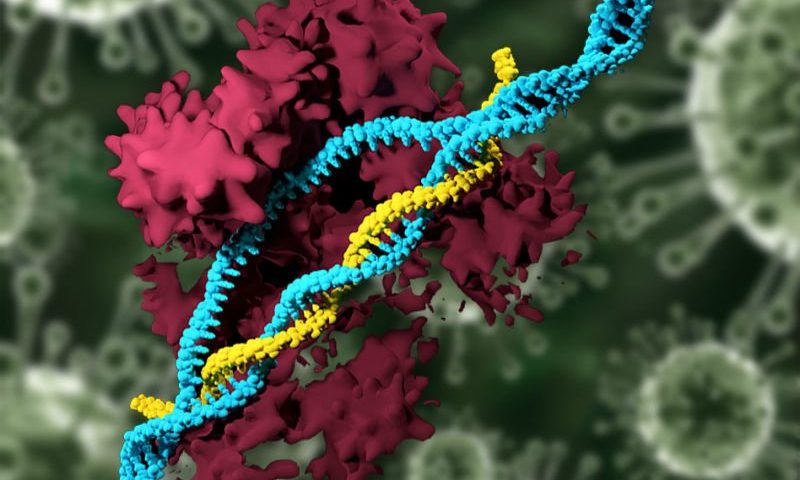The game is afoot for Bryan Dechairo, newly named president and CEO of Sherlock Biosciences. He’ll take over from Rahul Dhanda, co-founder of the company, who will stay on as a member of Sherlock’s board of directors through the end of this year before stepping into a strategic adviser role in 2022.
As CEO, Dechairo will helm Sherlock’s work to develop rapid diagnostic tools using CRISPR gene editing and other synthetic biology technologies, bringing decades of experience in developing and commercializing diagnostic tools internationally.
Most recently, he served as executive vice president of clinical development at Myriad Genetics. In his four years there, Dechairo was tasked with reorganizing Myriad’s portfolio of genetic tests, precision medicine assessments and risk-calculating algorithms and readying those products for commercialization.
Before joining Myriad in 2017, Dechairo was chief medical and science officer and senior vice president of R&D at Assurex Health. He held that role for five years and, once again, helped oversee the company’s DNA testing portfolio pipeline from clinical testing to patient adoption.
In the decades prior to those executive roles, Dechairo worked in a smattering of other positions, all focused on diagnostics: He was head of diagnostic research and development at Medco Health before its acquisition by Express Scripts and the neuroscience lead and director of molecular medicine at Pfizer. He began his career as a scientist at Oxagen, Sequana Therapeutics—now part of Axys Pharmaceuticals—and Roche Molecular Systems, which is now known as Roche Diagnostics.
“Bryan brings 20-plus years of experience spanning research to commercial, with a proven track record of funding and scaling business from venture-backed startups to profitable public companies. We feel confident that his vast experience, coupled with his passion for providing patient access to effective and cost-saving novel technologies, will lead us into the next chapter for Sherlock,” said Sherlock co-founder Jim Collins.
The executive change-up comes after a busy year for the former Fierce 15 winner. Last May, Sherlock’s one-hour lab test for COVID-19 received emergency use authorization from the FDA, making it the agency’s first authorized use of CRISPR to date.
The test is based on the company’s eponymous SHERLOCK method—named after its Specific High-sensitivity Enzymatic Reporter unLOCKing technique—which programs CRISPR molecules to seek out certain genetic signatures in patients’ swab samples. If the signature for COVID or another specific disease is detected, it triggers a signal from the molecule.
Sherlock has also developed the Internal Splint-Pairing Expression Cassette Translation Reaction, or INSPECTR, platform. That tool can be used to quickly and easily to develop new molecular diagnostic tests for a number of diseases in instrument-free formats, such as as a paper test strip or a smartphone app-compatible readout.

